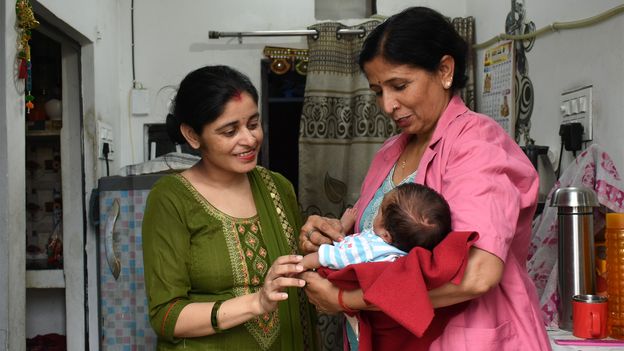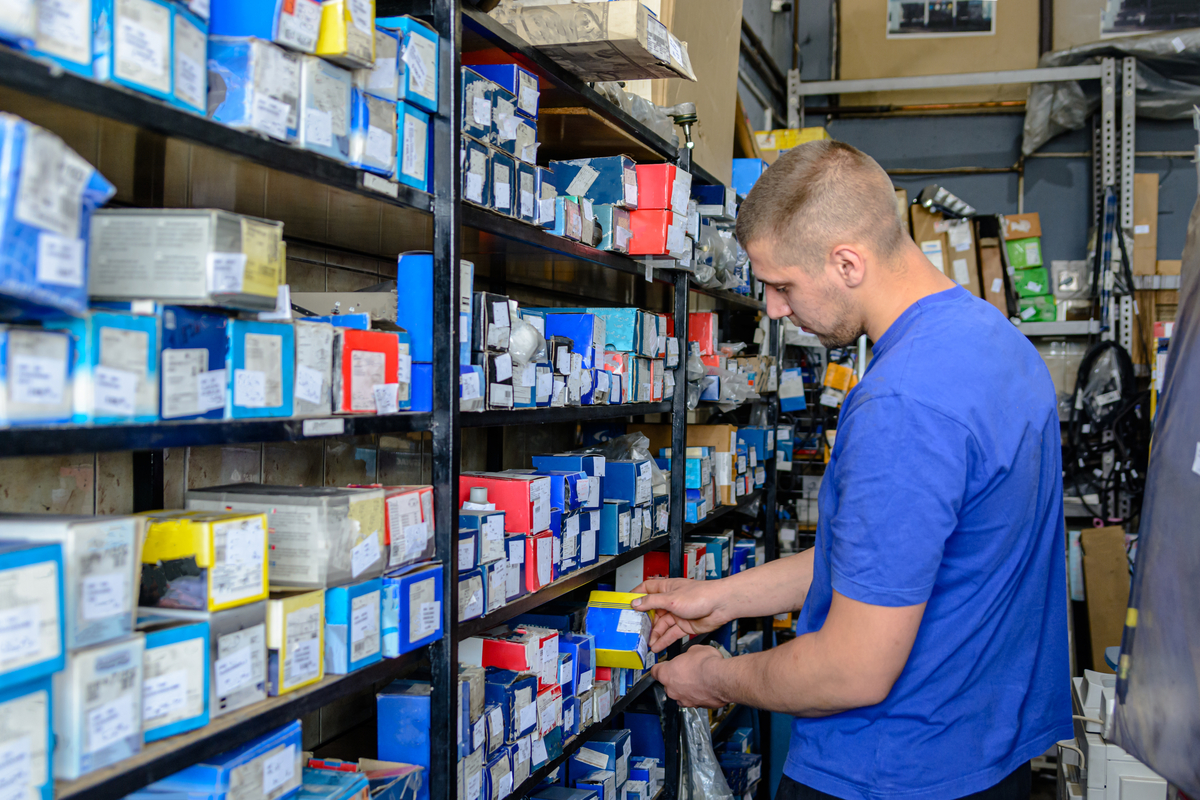Delhi's Heatwave Heroes: Community Health Workers Shielding Expectant Mothers

Delhi's Heatwave Heroes: Community Health Workers Shielding Expectant Mothers
Delhi, a city known for its vibrant culture and bustling streets, is currently battling an intense heatwave. As temperatures soar to record highs, a dedicated team of community health workers (CHWs) is stepping up to protect one of the most vulnerable populations: pregnant women. These frontline workers are providing vital support and education, ensuring the safety and wellbeing of expectant mothers amidst the scorching heat.
The Heatwave Threat to Pregnant Women
The risks associated with extreme heat during pregnancy are significant. Heat stress can lead to dehydration, exhaustion, and even more serious complications like preterm labor, low birth weight, and congenital disabilities. For women already facing the physiological changes of pregnancy, the heatwave poses an amplified threat. Delhi's infrastructure, particularly in lower-income areas, often lacks adequate cooling facilities, making pregnant women even more susceptible to the dangers.
Community Health Workers: A Lifeline in the Heat
Recognizing this urgent need, the Delhi government and various NGOs have mobilized CHWs to proactively reach out to pregnant women in their communities. These workers, often local residents themselves, possess a deep understanding of the challenges faced by their neighbors. They are equipped with essential knowledge and resources to provide targeted support.
What Do the CHWs Do?
- Home Visits: CHWs conduct regular home visits to pregnant women, assessing their health status and providing personalized advice on heat safety.
- Hydration Education: They emphasize the importance of staying hydrated and provide guidance on electrolyte replenishment.
- Cooling Strategies: CHWs educate women on simple yet effective cooling techniques, such as using wet cloths, staying in shaded areas, and avoiding strenuous activities during peak heat hours.
- Early Warning Signs: They teach women to recognize the early warning signs of heatstroke and dehydration and encourage them to seek medical attention promptly.
- Referral Services: CHWs act as a bridge between pregnant women and healthcare facilities, facilitating access to timely medical care when needed.
Beyond Immediate Relief: Long-Term Impact
The work of these CHWs extends beyond immediate heatwave relief. By building trust and fostering open communication, they are empowering pregnant women to take control of their health. This proactive approach can have a lasting impact on maternal and child health outcomes in Delhi.
Challenges and Future Directions
Despite their invaluable efforts, CHWs face challenges such as limited resources, inadequate training, and logistical constraints. Strengthening their capacity through ongoing training, providing them with essential supplies (like water bottles and electrolyte solutions), and integrating them more effectively into the healthcare system are crucial steps for ensuring their continued success. Furthermore, addressing the underlying factors contributing to heat vulnerability, such as inadequate housing and limited access to cooling infrastructure, is essential for long-term resilience.
As Delhi continues to grapple with the impacts of climate change, the unwavering dedication of these community health workers offers a beacon of hope for expectant mothers, demonstrating the power of grassroots initiatives in protecting the most vulnerable members of society.






